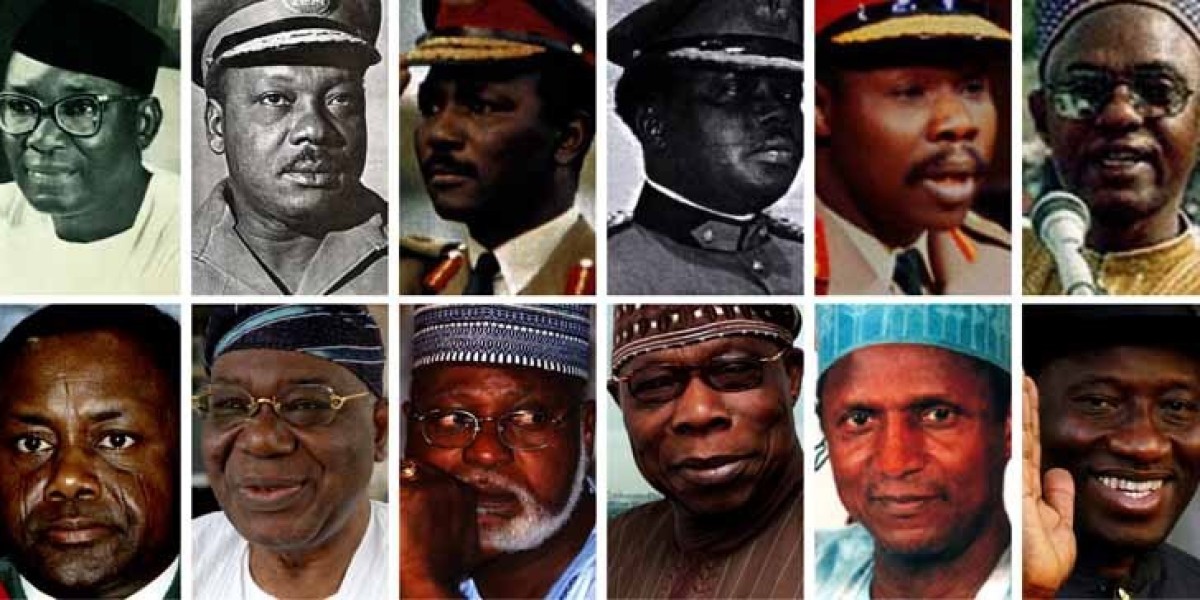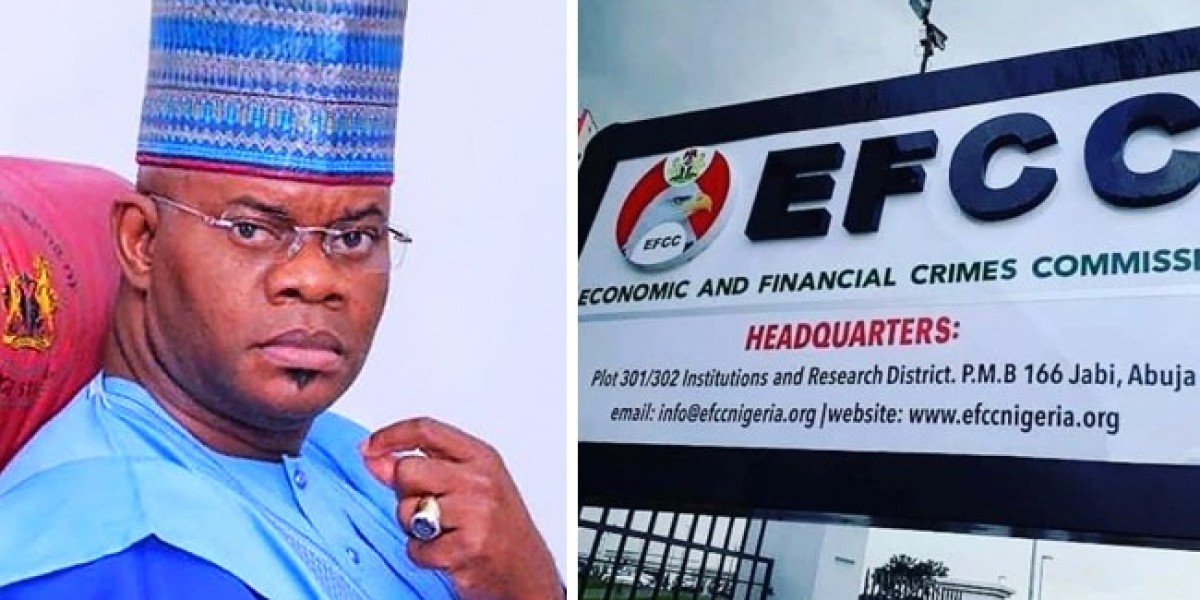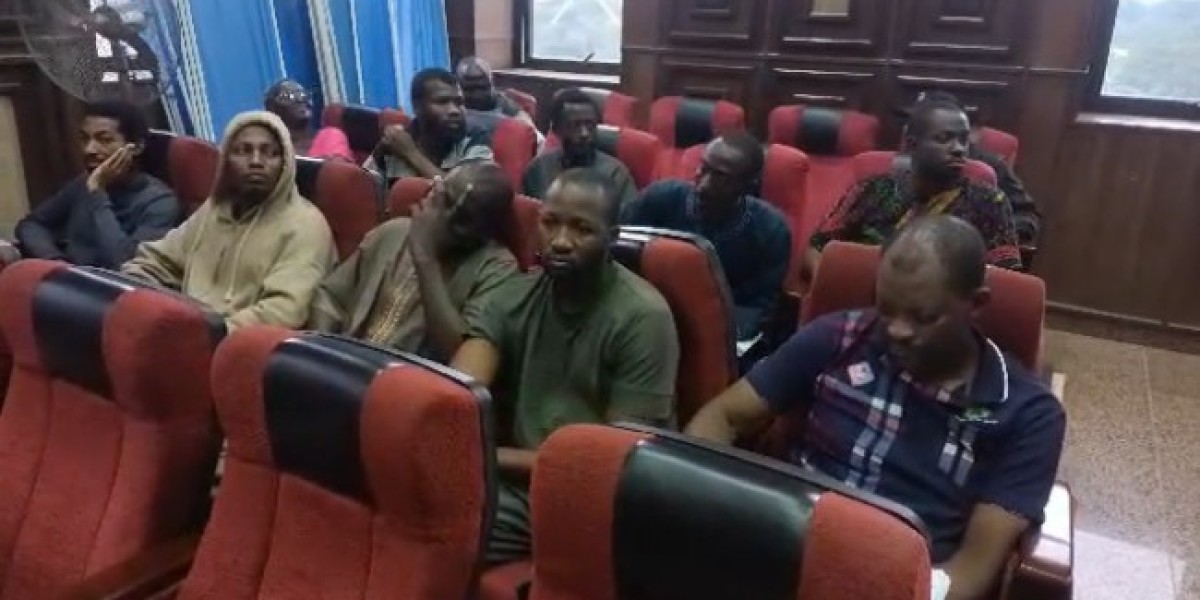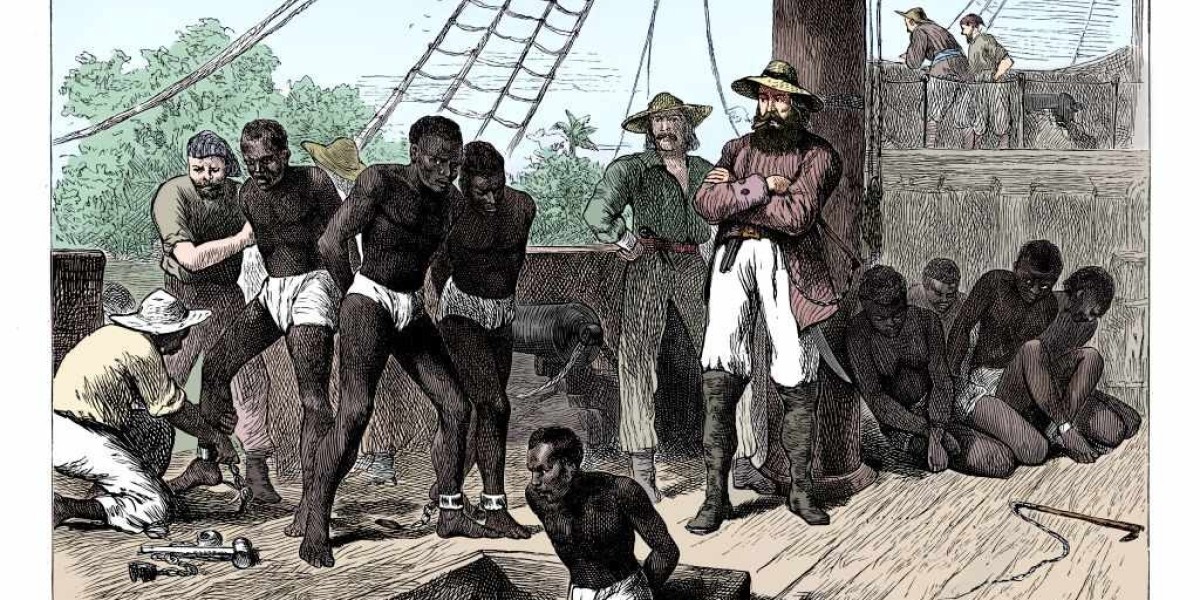Here is a brief overview of Nigeria's presidents from independence till date, along with their impact on the country's economy:
1. Nnamdi Azikiwe (1963–1966)
Role: First President of Nigeria (Ceremonial)
Impact on Economy:
Azikiwe served as a ceremonial president during Nigeria's First Republic under a parliamentary system. Although his role was limited in direct economic policies, Nigeria’s economy was relatively stable, primarily driven by agriculture (groundnuts, cocoa, palm oil). This era saw minimal industrialization but the foundations for regional economic growth were laid.
2. Major General Aguiyi Ironsi (1966)
Role: Military Head of State
Impact on Economy:
Ironsi's brief tenure following the first military coup had little time for economic reform. His unification decree was meant to centralize administration but led to tensions that eventually resulted in his assassination.
3. General Yakubu Gowon (1966–1975)
Role: Military Head of State
Impact on Economy:
Gowon's administration was heavily affected by the Nigerian Civil War (1967–1970). After the war, Gowon focused on reconstruction and rehabilitation. The oil boom of the early 1970s brought immense wealth, but mismanagement and corruption led to missed opportunities in diversifying the economy and addressing infrastructural needs.
4. General Murtala Mohammed (1975–1976)
Role: Military Head of State
Impact on Economy:
Murtala's short tenure was characterized by anti-corruption campaigns and attempts at economic reforms, including the indigenization of foreign businesses. He initiated plans for moving the federal capital from Lagos to Abuja. His assassination cut short his ambitious economic vision.
5. General Olusegun Obasanjo (1976–1979)
Role: Military Head of State
Impact on Economy:
Obasanjo, continuing Murtala's policies, saw Nigeria through a period of economic boom from oil revenue. His administration built much-needed infrastructure, but it also failed to address corruption and the over-reliance on oil.
6. Alhaji Shehu Shagari (1979–1983)
Role: Civilian President (Second Republic)
Impact on Economy:
Shagari's administration enjoyed initial growth due to high oil prices but later faced economic crises when oil prices collapsed in the early 1980s. His government was criticized for mismanaging the economy, leading to rising debt, inflation, and unemployment. This eventually led to a military coup.
7. Major General Muhammadu Buhari (1983–1985)
Role: Military Head of State
Impact on Economy:
Buhari's administration was marked by austerity measures and attempts to combat corruption through a "War Against Indiscipline." His economic policies focused on cutting public spending, reducing inflation, and tackling Nigeria’s growing debt. His strict policies and human rights abuses led to his overthrow.
8. General Ibrahim Babangida (1985–1993)
Role: Military Head of State
Impact on Economy:
Babangida introduced economic reforms under the Structural Adjustment Program (SAP) recommended by the International Monetary Fund (IMF). While SAP aimed to diversify the economy and reduce reliance on oil, it led to inflation, devaluation of the naira, and hardship for many Nigerians. Privatization of government enterprises and deregulation were initiated, but corruption and economic inequality worsened.
9. Chief Ernest Shonekan (1993)
Role: Interim Civilian President
Impact on Economy:
Shonekan’s short-lived government attempted to address the effects of Babangida's policies, but his impact was limited due to the military coup that ousted him.
10. General Sani Abacha (1993–1998)
Role: Military Head of State
Impact on Economy:
Abacha’s regime was marked by authoritarian rule and economic stagnation. Despite oil revenue, his government became notorious for large-scale corruption, with billions of dollars reportedly looted. However, there were some reforms in banking and telecommunications, and foreign reserves grew significantly during his rule.
11. General Abdulsalami Abubakar (1998–1999)
Role: Military Head of State
Impact on Economy:
Abubakar’s short tenure was focused on returning Nigeria to civilian rule. He enacted policies that stabilized the economy and prepared Nigeria for democratic governance. His administration also began paying off foreign debts and promoting economic reforms.
12. Olusegun Obasanjo (1999–2007)
Role: Civilian President (Fourth Republic)
Impact on Economy:
Obasanjo's second presidency saw a return to civilian rule and marked an era of economic reform. He established the Economic and Financial Crimes Commission (EFCC) to tackle corruption. Under his leadership, Nigeria secured debt relief from the Paris Club, stabilized the banking sector, and saw economic growth, largely due to rising oil prices. His reforms in telecommunications also led to a mobile phone revolution.
13. Umaru Musa Yar'Adua (2007–2010)
Role: Civilian President
Impact on Economy:
Yar'Adua's administration is remembered for its commitment to the rule of law and transparency. He launched the Niger Delta amnesty program, which helped stabilize oil production. However, his presidency was hampered by health issues, limiting the full implementation of his "Seven-Point Agenda," which focused on power, wealth creation, and infrastructure.
14. Goodluck Jonathan (2010–2015)
Role: Civilian President
Impact on Economy:
Jonathan’s tenure saw economic growth, particularly in the agricultural and telecommunications sectors. Nigeria became the largest economy in Africa following a rebasing of GDP in 2014. However, his administration was plagued by widespread corruption, particularly in the oil sector, and rising insecurity due to Boko Haram insurgency.
15. Muhammadu Buhari (2015–2023)
Role: Civilian President
Impact on Economy:
Buhari's second tenure focused on anti-corruption, economic diversification, and fighting insecurity. His administration dealt with two recessions due to a drop in oil prices and the COVID-19 pandemic. While he made strides in improving infrastructure and agricultural policies, unemployment and inflation rose significantly, and the naira devalued. His economic reforms, like the Economic Recovery and Growth Plan (ERGP), sought to stabilize the economy, but mixed results were observed.
16. Bola Ahmed Tinubu (2023–present)
Role: Civilian President
Impact on Economy:
Tinubu's presidency is still in its early stages. His government has undertaken economic reforms, including the removal of the fuel subsidy, which aimed to address fiscal challenges but has led to immediate price hikes and inflation. He has promised to focus on job creation, economic reforms, and improving infrastructure, though the long-term effects of his policies are yet to be fully realized.
Conclusion:
The economic impacts of Nigeria’s presidents have been shaped by both global and domestic factors, including oil prices, political stability, and governance challenges. While some administrations have made strides toward diversification, the heavy reliance on oil, persistent corruption, and policy mismanagement have often stifled economic progress. The success of future leaders in addressing these long-standing challenges will be critical to Nigeria’s continued economic



